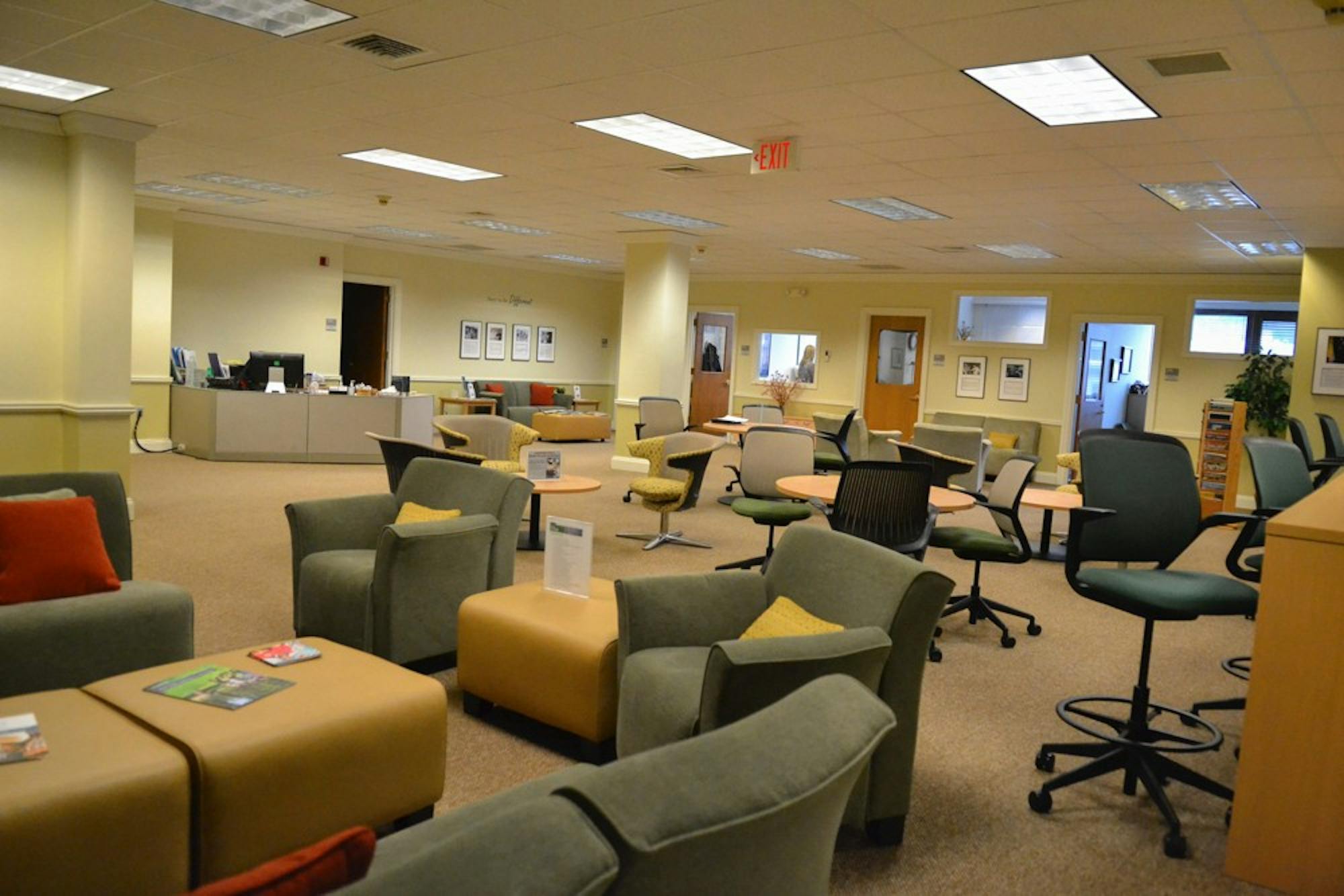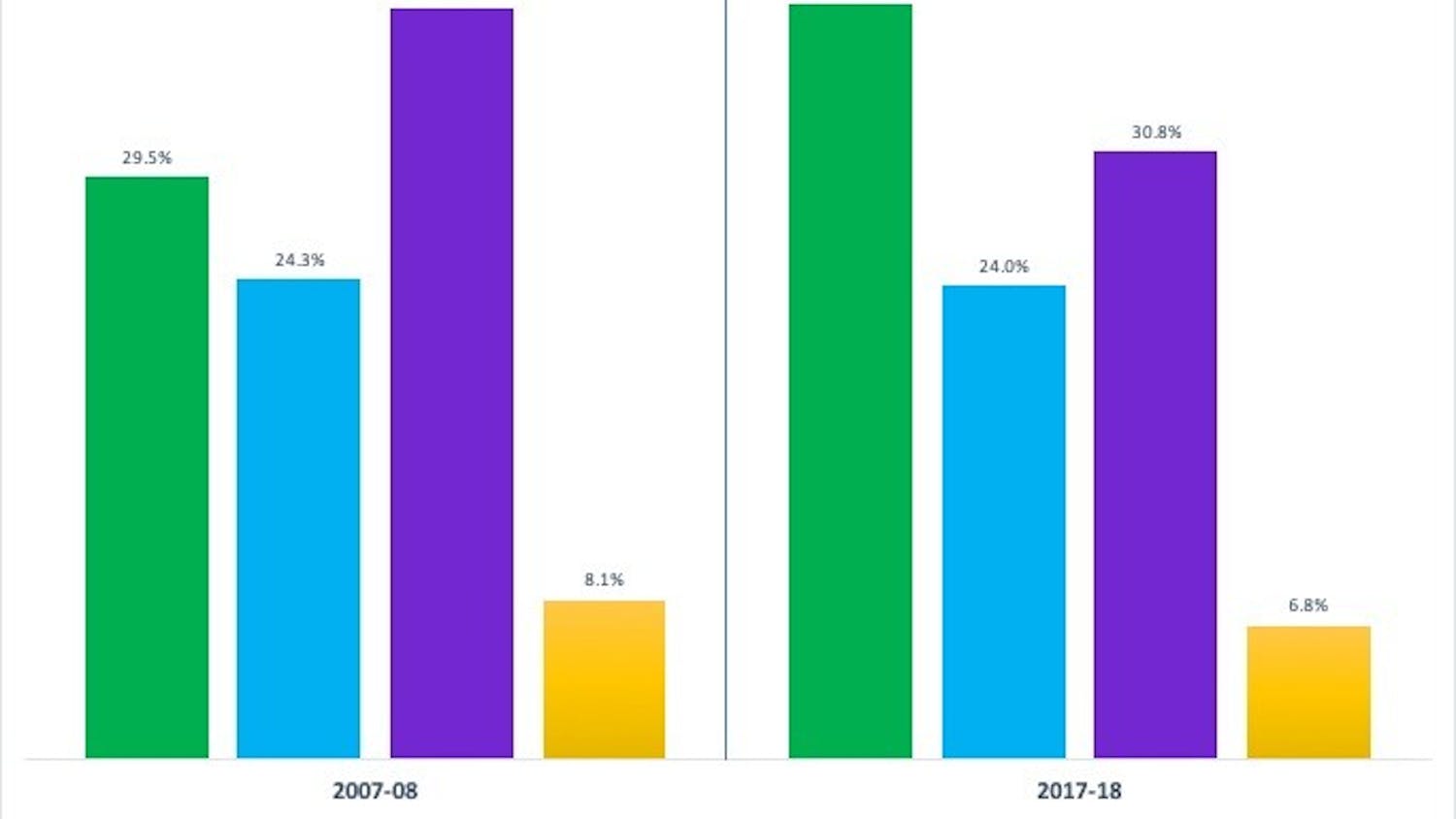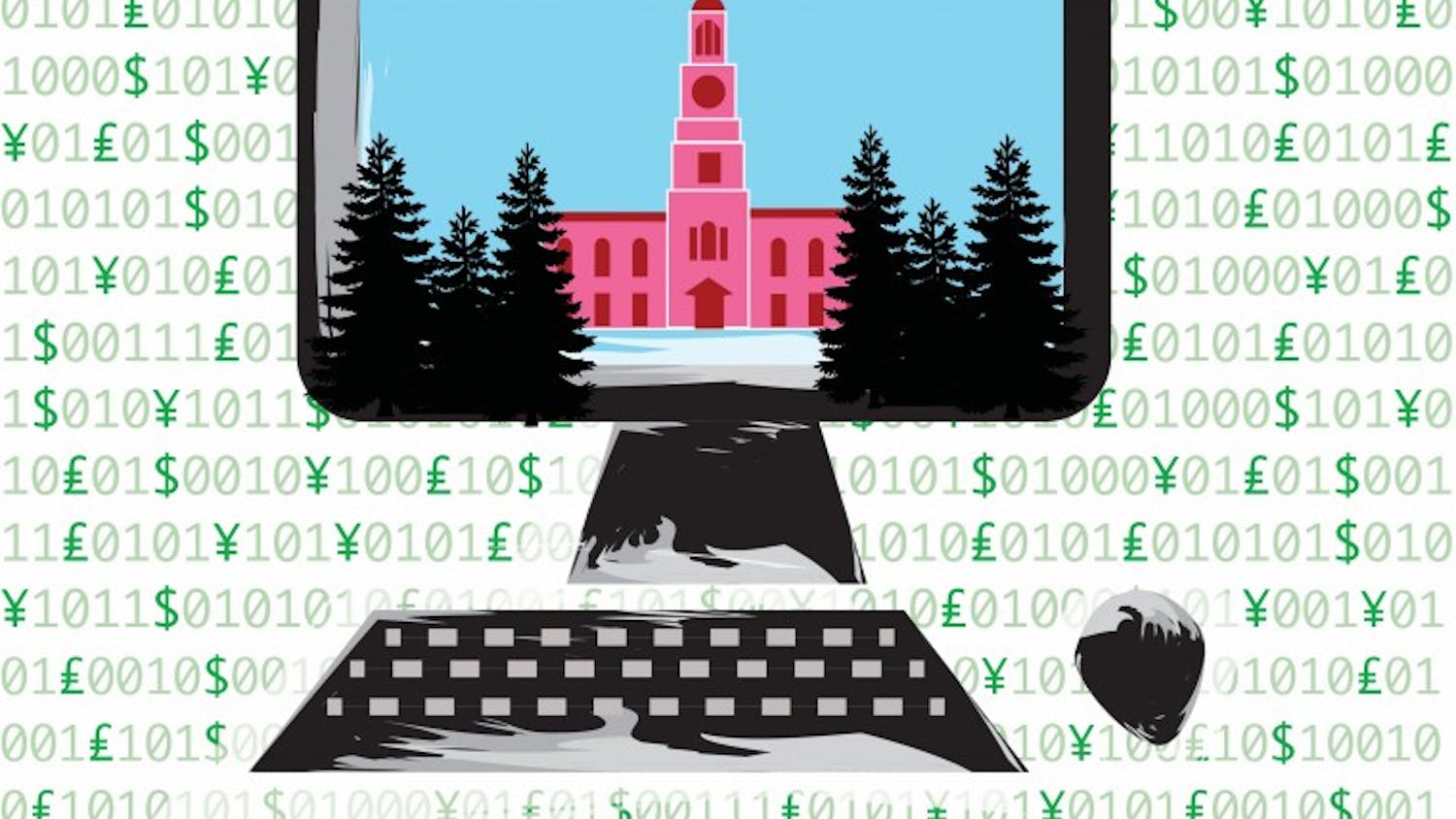Theodor Seuss Geisel ’25’s iconic line “Oh, the places you’ll go” has taken on new meaning during the COVID-19 pandemic, as many seniors’ post-graduation plans remain uncertain. While some graduates will be able to start their jobs remotely, others have faced cancellations, delays and difficulties finding work.
The Hill reported that although the unemployment rate was at a record low before the COVID-19 pandemic, lockdowns lead to an overnight spike with over 36 million people applying for unemployment benefits.
The increase in unemployment means graduating seniors are changing how they look for post-grad plans. A survey conducted by job search website Monster.com and Wakefield Research found that 55 percent of graduating seniors said that they applied to a job they knew they weren’t the right fit for, and 52 percent said that they would accept a lower paying job.
Amber Liu ’20 said that although she has accepted a post-graduation internship at the tech center Plug and Play, her offer is contingent upon the lifting of California’s stay-at-home order. Liu said that Plug and Play told her there would be no remote option for her internship.
“This is the first time in my life where I really don’t know where I’ll be, what I’ll be doing, how things will play out,” she said.
Meanwhile, Zack Johnson ’20 said that he has been able to keep his job as a software engineer at Appian Corporation, though he will work remotely. Referencing his previous internship with the company, he said that he will miss the in-person workplace community when he begins working full-time.
“Part of why I returned to the company is because I got along really well with people on my team,” he said. “A really positive social office environment becomes a lot harder [to maintain remotely].”
Some seniors have had to consider alternatives to their original plans. Liu noted that the difficult job market has forced seniors “to be more flexible and open-minded to different opportunities.”
If her internship gets canceled, Liu said that she will consider attending graduate school, among other options, to “delay entering the job market.” She said that after the pandemic ends, there will likely be more job availability and less competition in the job market due to fewer layoffs and canceled jobs.
Giselle Vitcov ’20, on the other hand, said that she would consider deferring graduate school due to the COVID-19 pandemic. Vitcov was planning to pursue a masters degree in bioethics from Harvard University before applying to medical school, but she is now thinking of deferring graduate school should the courses go remote, instead using the time to study for the MCAT.
“I’d rather spend the next year doing those sorts of things that aren’t really interpersonal,” Vitcov said.
Mary Tobin ’20, who was awarded a Fulbright grant to teach English in Germany next year, said that her program’s start date has been pushed back from this September to January 2021. During the interim period before her Fulbright, Tobin said she hopes to do something that is “both rewarding in the sense that is meaningful ... [by] helping with the crisis, and also setting me up for a future job that happens or grad school.”
“If I can find ways to stay positive over the long term, I think that is really important,” Tobin said.
Some opportunities have presented a hazier path forward. When Alex Conway ’20 accepted her job offer as a research coordinator at the Worcester, Massachusetts location of the University of Massachusetts Medical Center, her employer told her that he was “not really sure how [Conway’s employment] is going to work,” while also reassuring her that her job was “secure.”
Max Bond ’20 said that he was planning to return to the Juneau Icefield Research Program in Juneau, Alaska, where he had previously interned. He would have worked from the middle of this spring through the end of the summer before returning to Dartmouth to take classes in the fall.
After his program was canceled due to COVID-19, he looked into remote academic grants through Dartmouth’s undergraduate advising and research department. Although his thesis advisor was willing to supervise a summer research project, Bond said that he was unable to receive UGAR funding because he has “taken too many off terms” and is a senior, despite his plans to graduate this fall.
“I am trying to set myself up with these alternatives that I can count on, that might not be exactly what I pictured myself doing, but will pay the bills and will be useful in some way,” Bond said.
Many seniors are seeking resources through the Center for Professional Development, undergraduate programs, the Dartmouth alumni network and employers.
Monica Wilson, interim director of the CPD, said that during these “traumatic” days, the CPD is not just focused on practical outcomes — including helping students network, workshop elevator pitches and build LinkedIn profiles — but on helping students cope emotionally as well.
“We’ve been spending more time listening and allowing students to share their feelings,” she said, referring to the career coaching and advising that the CPD offers.
Both Conway and Johnson noted how helpful Dartmouth has been in preparing seniors for the next step after graduation. Conway said that the mental health initiatives and the training for adult life from the CPD deserve “huge kudos.”
“I have to give all the credit in the world to the fact that those things [do] exist,” she said.
Johnson said that Dartmouth has also prepared him emotionally for the turbulence brought on by the crisis.
“Some of the qualities that Dartmouth has instilled … prepar[ed] us to be empathetic [and] flexible,” he said.
In addition to the CPD, some seniors have utilized Dartmouth alumni as resources during the pandemic.
Liu said that she is working with three alumni in Women of Dartmouth — a group that connects Dartmouth students and alumni — to create virtual “coffee chat[s]” between alumni and current seniors. The chats, which will launch in the next two weeks, would help graduating students who are unsure about their future connect with alumni in their field of interest.
Peter Arnold ’86, the vice president of the Dartmouth Club of Washington D.C., said that the club’s alumni board has launched an initiative to encourage alumni to create internship opportunities for Dartmouth students.
When asked what advice he would give to the ’20s, Arnold said, “Three words: network, network and network. In 35 years in D.C., I’ve never seen an example where a recent graduate was penalized for being too aggressive in pursuing a job.”
Wilson reiterated this recommendation in an email from the CPD to seniors on Friday, encouraging them to join the newly created Dartmouth Career Support Network 2020 on LinkedIn, which aims to connect current seniors with alumni.
Wilson said that recruiters often tell her that “Dartmouth alumni are the most passionate and supportive alumni” in terms of advocating for Dartmouth students to receive jobs.
“I would encourage any recent graduate as a first step to get involved in with the young alumni chapter of your local Dartmouth club because it is an excellent way to become familiar with … your social surroundings and potential career opportunities,” Arnold added.
With three weeks left of her senior year, Tobin said that her “number one priority right now is graduating, doing well in my classes and fostering as many new relationships as I can and really take advantage of this special community.”





